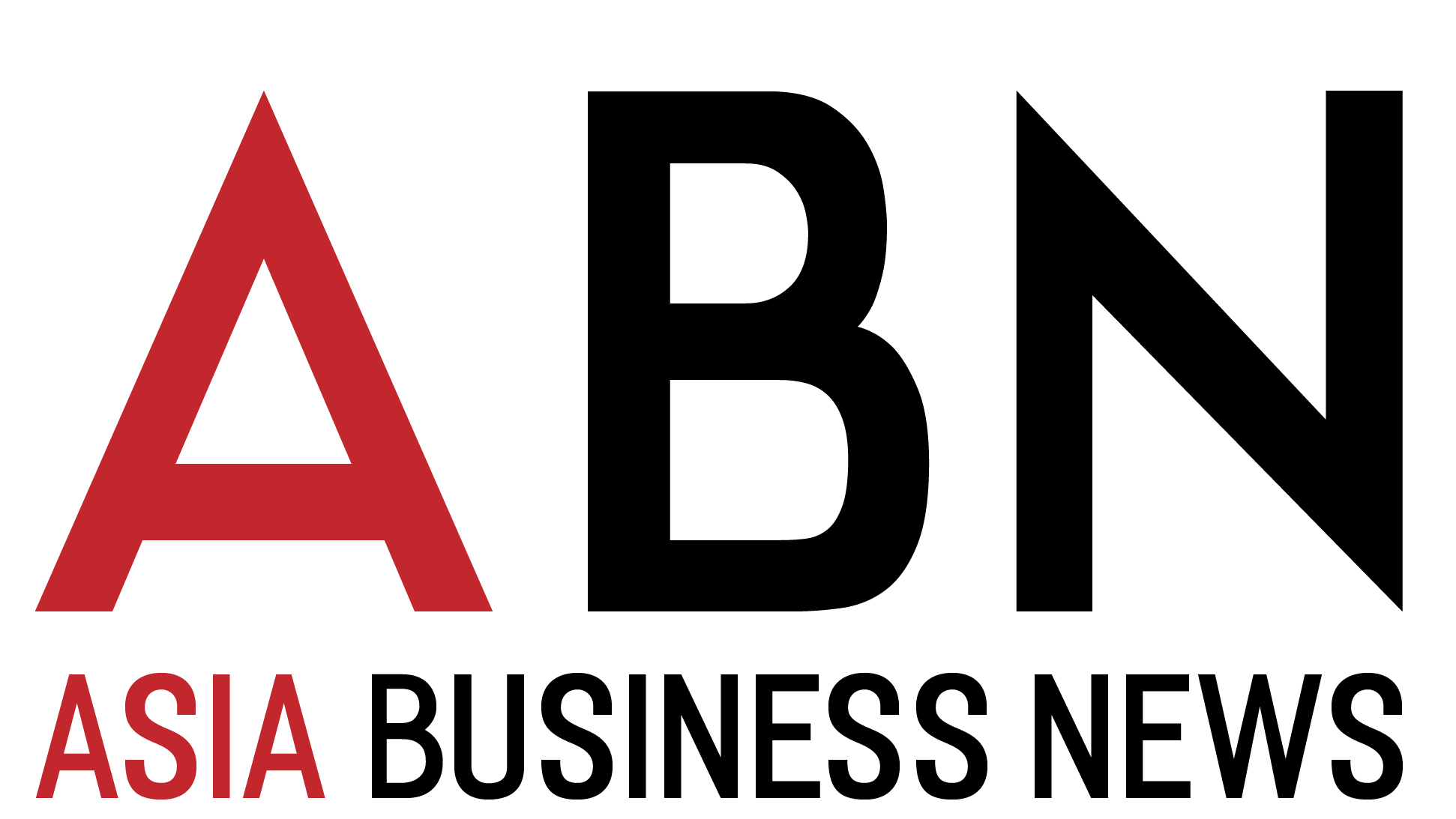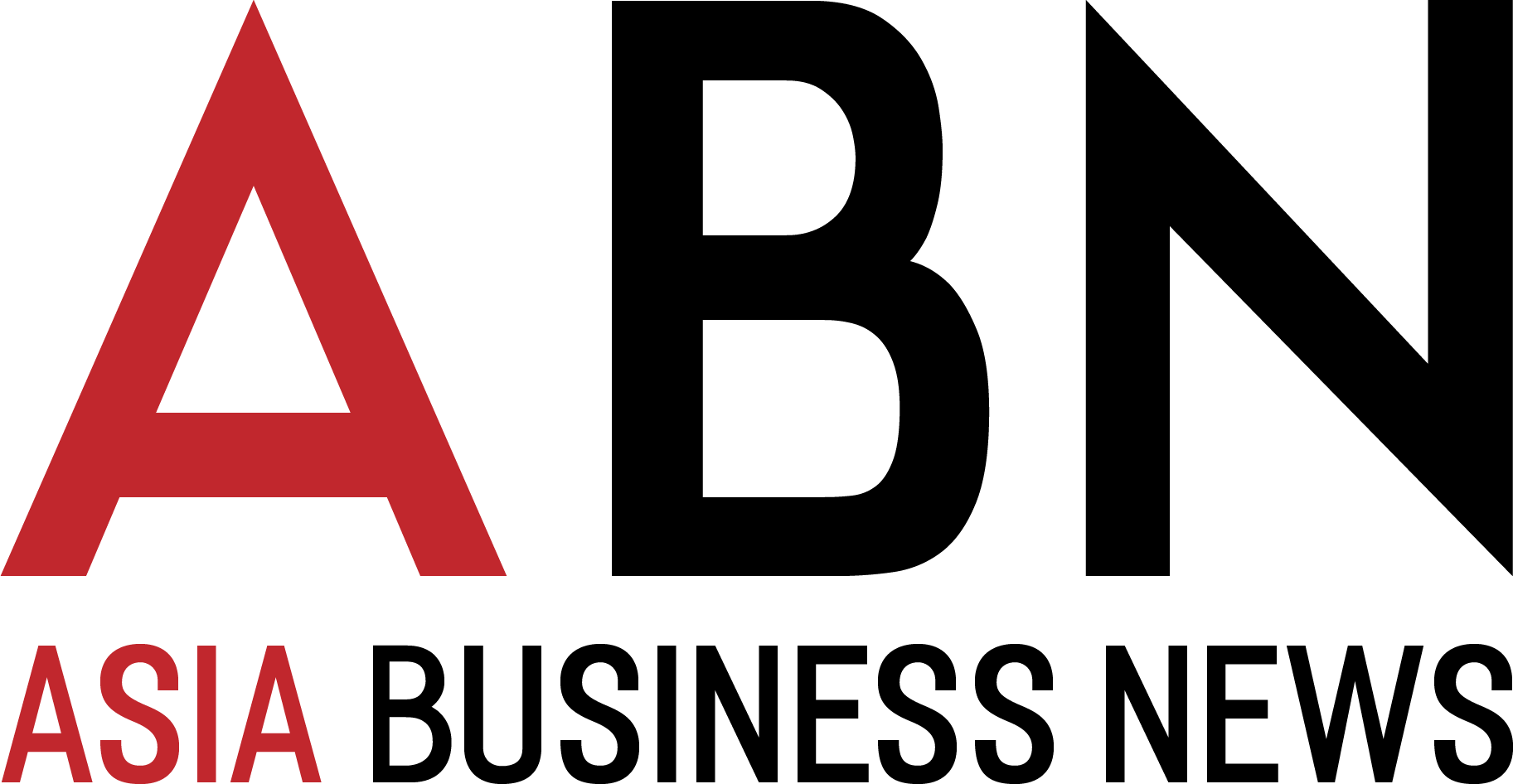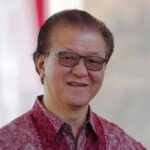December 3, 2024
Islamabad – The government is planning “massive” changes to the Prevention of Electronic Crime Act (Peca) 2016, which would create a new agency with powers to block online content and access to social media and prosecute those spreading “fake news” .
Draft Prevention of Electronic Crime (Amendment) Bill 2024 dawnproposed the establishment of a Digital Rights Protection Authority (DRPA) to deal with issues such as the removal of online content, prosecution of people who share or access banned content, and targeting social media platforms that host such content.
The amendments were confirmed by counsel to the prime minister, QC Akhil Malik, who said the new rules were aimed at “eliminating misinformation and negative publicity”.
Among the changes proposed in the draft amendment, the most notable is the new definition of “social media platform”, which has now been expanded to include tools and software used to access social media.
The draft proposes a new provision in Article 2 of Peca containing definitions of terms mentioned in the law.
“Anyone who manages a system that allows access to social media” has also been included in the new definition.
Another addition to the definition is a “website”, “application” or “communication channel” that allows people to access social media and publish content.
This expanded definition could allow governments to block or restrict the use of virtual private networks (VPNs) as they are used to access social media services, such as X, which is blocked in Pakistan.
The government had earlier planned to register VPNs and block unregistered proxies, but the move was shelved after legal advisers pointed out that these were tools for accessing content rather than the content itself. Therefore, the authorities have no legal basis to stop them.
new authority
Under the revised law, the government will establish the DRPA, a new agency to take over powers currently exercised by the Pakistan Telecommunications Authority (PTA) under Peca.
The agency will advise federal and provincial governments on “digital ethics and related areas,” promote education and research, inspire and promote social media platforms, and ensure users are safe from online harm.
The DRPA will also “police” social media content, investigate complaints of violations of the act, and order authorities to “block” or restrict access to content.
The DRPA will also outline a timeline for social media companies to implement its orders and make provisions for these platforms to set up offices or representatives in Pakistan.
The process of setting up the DRPA began after the PML-N-led government came to power after the February 8 general elections.
In May, Prime Minister Sherbaz Sharif formed a committee headed by his adviser Rana Sanaullah to reach consensus on the proposed draft DRPA.
Information Minister Attaullah Tarar said the matter had been put on hold, telling Voice of America Urdu In September, the federal cabinet hopes to hold discussions with stakeholders, including media organizations, journalists’ groups and political parties.
However, it is unclear whether any stakeholder discussions have taken place since then.
Now, it is proposed that the DRPA will have a chairman and six other members, including three “ex-officio” members.
The Federal Government will appoint the Chairman and three regular members for a term of three years and may be reappointed for the same term.
The “ex-officio” members will be the Minister of Information and Information Technology and the PTA Chairman.
According to the draft amendments, all decisions of the DRPA will be taken with the consent of a majority of members, but in case of emergency, the chairman will have the exclusive power to issue orders to block any illegal online content.
The chairman’s decision must be “approved” by the authorities within 48 hours.
“Illegal” content
The DRPA will have the power to “obtain” social media platforms’ compliance with its rules and set conditions for them “in addition to the requirements of this regulation” [law]”.
Authorities can require governments and social media companies to block or remove illegal online content.
The draft amendments also significantly expand the definition of illegal content.
In its current form, Peca defines “illegal online content” in Article 37 as: “… [content against the] The glory of Islam or the integrity, security or defense of Pakistan or… public order, decency or morality, or in connection with contempt of court or the commission or incitement of an offense under this Act.
The revised draft lists at least 16 categories of content that will be considered illegal.
These include blasphemous content; incitement to violence and sectarian hatred; obscene or pornographic material; copyright infringement; solicitation of crime or terrorism; “false” reporting; “defamation” of constitutional institutions and their officials, including the judiciary or the armed forces; extortion; and defamation. wait
“fake news”
The draft amendment also proposes to add a new provision – Article 26(A) – to Peca to punish perpetrators of “fake news” online.
It states that anyone who “knowingly” publishes any “information which he knows or has reason to believe is false or false and which is likely to cause or cause fear, alarm or confusion or uneasiness” will be punished with a prison sentence. Sentenced to imprisonment.
It did not elaborate on what constituted “false or false information.”
dawn It is understood that the People’s Party, one of the parties in the ruling coalition, opposes the five-year prison sentence proposal. A party leader told dawn news tv They recommended a three-year prison sentence instead.
Another amendment to Section 43 of Peca will make the offenses under Section 26(A) non-bailable, non-compoundable and cognizable.
Under the rules that will be drafted after these amendments become law, a tribunal will be set up to prosecute persons who commit offenses covered by the bill.
A High Court judge or a person qualified for the position will head the tribunal, whose members will be journalists and software engineers.












